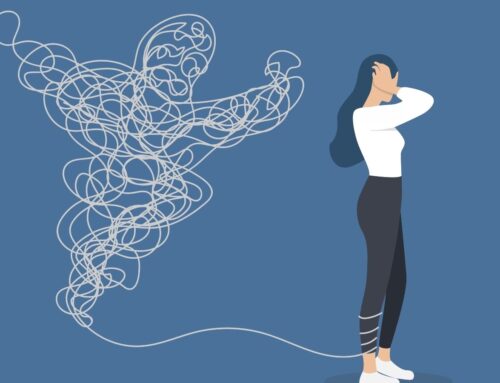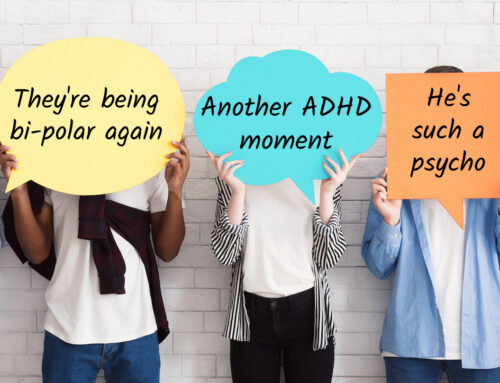Peer relationships serve an important role across the lifespan. However, for adolescents, friendships and social dynamics often take center stage when compared to other phases of life. Teenagers frequently judge their day based on interactions with their peers. A long-term “best friend” may function as a protective buffer from life stress, and inclusion in a peer group may facilitate feelings of self-esteem. Unfortunately, peer rejection or isolation can be sources of significant distress, particularly for adolescents. As such, many teenagers grapple with daily decisions regarding whether to conform to peer pressure or act independently. While family members of teenagers witness the day-to-day emotional impact of adolescent relationships, often overlooked are the enduring physical impacts on later functioning.
In a recent edition of Psychological Science, Joseph Allen and colleagues published findings on the long-term health implications of adolescent peer relationships. Interestingly, they found that both adolescent close friendship quality and increased pattern of acquiescence (conforming to the social norms of their peer group) independently predicted better physical health quality in adulthood. In addition to highlighting the benefits of close friendships, this study also underscored the importance of recognizing the stress teenagers feel when separated from their peer group. Notably, Allen and colleagues proposed that difficulty forming close relationships in early adolescence may be a marker for later health difficulties.
Initiating and maintaining friendships can be challenging and sometimes require additional support. At Georgetown Psychology Associates, we work with children, adolescents, and adults on developing adaptive social skills for use in meaningful and healthy relationships. If you are interested in learning more, click HERE.





